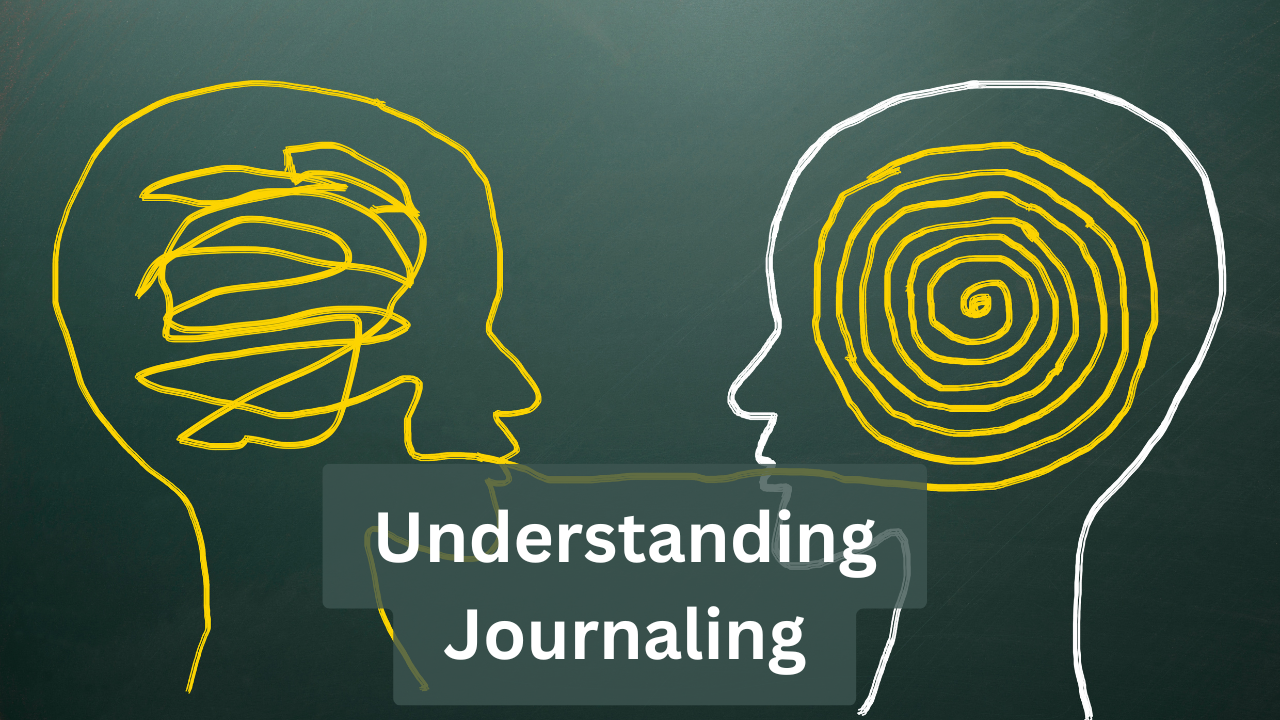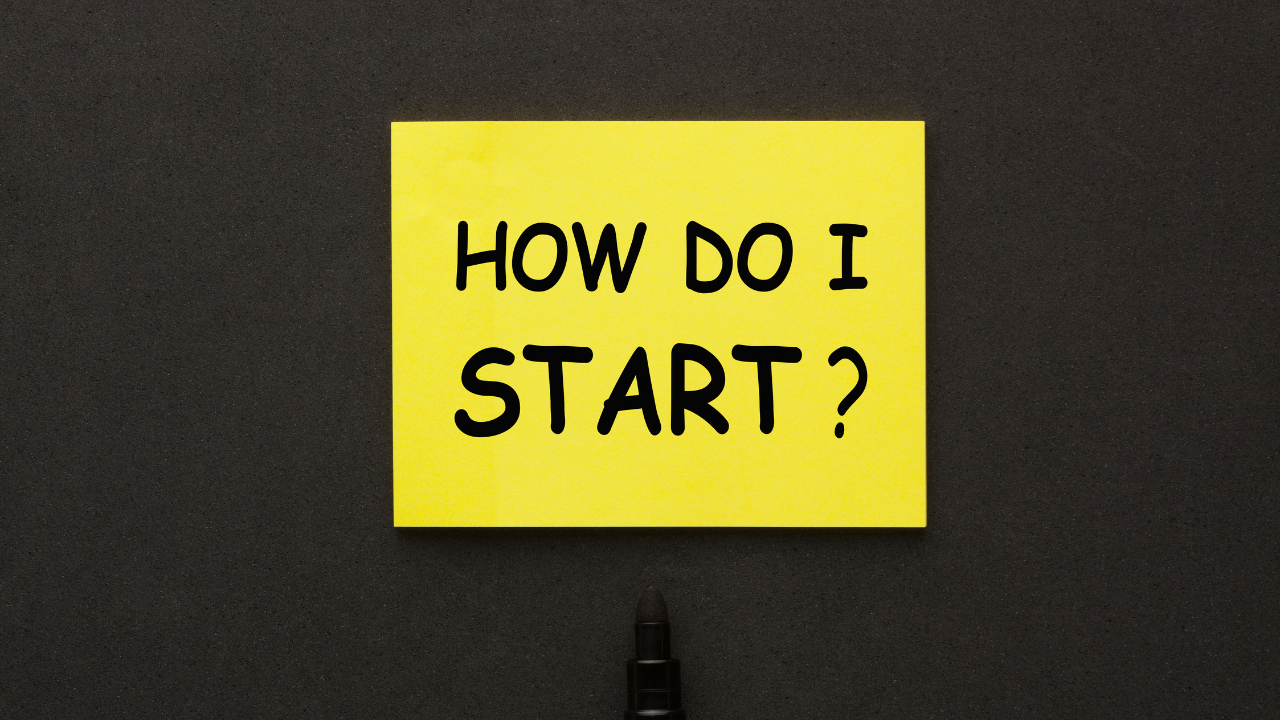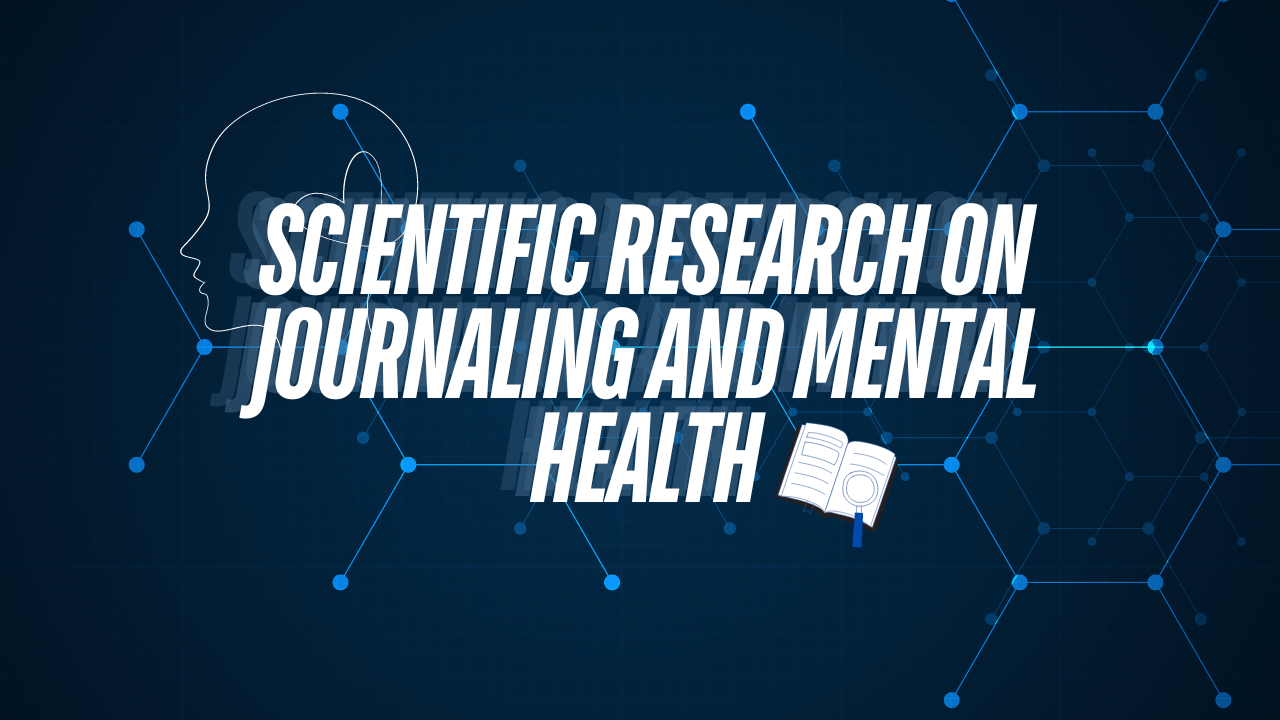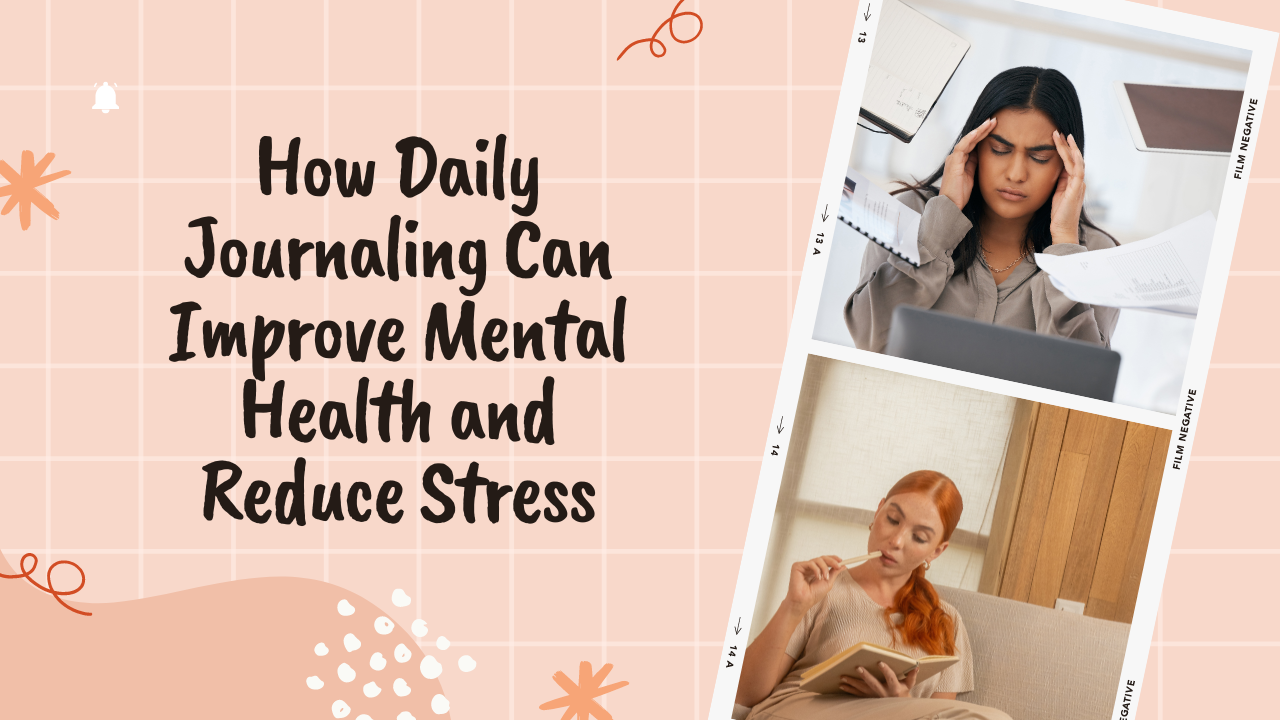In today’s fast-paced environment, finding effective methods to manage stress and maintain mental health can be difficult. One easy yet effective tool that is gaining a lot of recognition due to its positive effects on mental health is daily journaling. Writing your thoughts on a pen and paper or a digital gadget will dramatically boost your mood and lower stress. How exactly can regular journals do this? Let’s explore the transformational potential of journaling to improve mental well-being.
Understanding Journaling

In its essence, journaling is the process of capturing what you think, feel, and experience. Journaling can take many forms, from simple diary entries to more formal styles like bullet journaling and gratitude journaling. Journaling in gratitude involves writing down the things that you are grateful for. This could change your focus toward the good things happening in your daily life. Reflective journaling is reviewing your week or day and writing down what went well, what didn’t go as planned, and what lessons you learned. Each journaling style offers distinct advantages and can be adapted to suit your requirements.
The Link Between Journaling and Mental Health
What precisely about journals makes them an effective instrument for mental well-being? First, it helps you manage your emotions by allowing you to talk about the feelings you’re experiencing without fear of judgment. It enables you to organize the thoughts that are out of your mind on paper. This will frequently make them more manageable.
From a scientific point of view, journaling has been found to stimulate the left brain’s hemisphere, which is responsible for rational and analytical thinking. Engaging this brain area can help you dissect complex thoughts and emotions, leading to a better feeling of calm and clarity.
Benefits of Daily Journaling for Mental Health
Journaling daily is beneficial to mental well-being, and many documented benefits exist. Here are a few main ways that journaling can benefit:
- Enhanced Emotional Control: Writing regularly about your emotions will help you better manage and understand them. This could result in improved emotional stability and fewer mood fluctuations.
- Enhanced Self-Awareness: Journaling can benefit you by allowing you to reflect on your thoughts and feelings, which could lead to a greater understanding of your values and goals.
- Improved Problem-Solving Skills; Journaling: When you write about the challenges or issues you’re faced with, you must think through your thoughts and find solutions. This will boost your problem-solving talent as time passes.
How Journaling Reduces Stress
Journaling isn’t just about reflection; it’s also a great instrument for relieving stress. Recording your stressful situations or emotions allows you to release the tension and anger that has been accumulating. This process, known as “mental unloading,” can bring immediate relief and help you feel less stressed.
Additionally, journaling can help you spot patterns in your thinking and behavior that could be contributing to your stress. Once you have identified these patterns, you can take steps to modify them, ultimately decreasing your stress levels overall.
Journaling Techniques for Mental Health Improvement
Various journaling methods can be utilized to improve mental health, each of which has benefits. Here are some to take into consideration:
- Unrestricted Writing: The process is the practice of writing continuously for a certain amount of time without having to doubt the grammar or structure. The idea is to allow your thoughts to flow freely and discover hidden emotions or ideas.
- Journaling for Gratitude: As we mentioned earlier the practice of gratitude journaling is to write down your gratitude for things that you are grateful for. This habit could benefit to shift your attention away from negativity, and instead towards positive thoughts.
- Prompts to Improve Mental Clarity: Utilizing prompts such as “What am I feeling right now?” or “What is causing me stress?” will benefit you by collecting the clarity you need to understand your feelings and pinpoint areas in your life that require attention.
How to Start a Daily Journaling Habit

The process of starting a daily journaling practice isn’t easy, particularly in the case of someone who has never attempted it before. Here are some suggestions to benefit you begin:
- Select the Best Journal and Tools: Whether you like a classic notebook or a digital application, choose what is comfortable for you.
- Create a Schedule and Space for Journaling: Consistency is the key in journaling. Make sure you set the time of every day to write and then find an area that is quiet and comfortable so that you can be focused.
- Tips for Keeping Regular: It’s fine not to find yourself writing each day. It’s important to keep going back to it. Remember the benefits, and don’t get too hung up on yourself if you don’t make it one or two days.
Overcoming Common Obstacles in Journaling
As with any new habit, journaling is not without the same set of difficulties. Here’s how you can overcome typical challenges:
- How to deal with Writer’s Block: If you’re stuck, Try using prompts to help you get started. Keep in mind that there’s no correct or wrong approach to writing. All you have to do is begin writing and observe how your thoughts flow.
- Controlling Time Constraints: Journaling doesn’t need to be a lengthy process. Just five to ten minutes every day can have a positive impact on your life. Choose an hour that works for you, whether it’s early in the morning or right before going to bed.
- Do not be a slave to Perfectionism: Your journal is only for your enjoyment, So don’t fear spelling errors or messy handwriting. It’s about expressing yourself, not producing an ideal artwork.
Examples of Journaling Prompts for Mental Health
If you’re unsure of what to write about, Here are some prompts for journaling to benefit you:
- Prompts to Reflect on self-reflection: “What did I learn about myself today?” or “What am I proud of?”
- Prompts for Graciousness: “What are three things I’m grateful for today?” or “What made me smile today?”
- Prompts to benefit from Stress Relief: “What’s one thing that’s been stressing me out lately?” or “What can I do to take care of myself right now?”
Journaling for Specific Mental Health Issues
Journaling can be especially beneficial in managing specific mental health concerns. Here’s how:
- Journaling to manage anxiety: Writing about your anxieties can help you look at the issues from a different angle and lessen their influence over you.
- Journaling to benefit with depression: Reminiscing about accomplishments or experiences that are positive can help to combat negative thinking patterns.
- Journaling to benefit from Trauma Recovery: Journaling can prepare an environment that is safe to reflect on traumatic experiences and deal with difficult emotions in your own way.
Digital Journaling vs. Traditional Journaling
In the realm of journaling, there’s not a universal method. Some prefer the feel of writing in a handwriting pen while others find digital journaling more efficient. Here are a few pros and cons for each
- Digital Journaling The pros include simple management and access to many devices. Some cons include distracting apps as well as insecure.
- Traditional journaling Pros are the health benefits associated with writing with handwriting, as well as more security. Some cons include the inconvenience of
keeping a notebook with your at all times, and the possibility of losing or damaged journal pages.
Journaling in the Wellness Schedule
To reap the maximum benefits of journaling to increase your mental well-being, think about including it in a larger health routine. Combining journaling with other activities like mindfulness, meditation or even physical exercises will give you an whole-body approach for mental wellbeing.
- Combining Journaling, Meditation, and mindfulness: Before or after the meditation, you should take a moment to write down your thoughts and emotions. This will benefit to reinforce mindfulness and help you become more aware of your own self.
- Utilizing Journaling as a part of a self-care plan: Journaling can be an effective part of your self-care ritual. If it’s setting a fire, listening to relaxing music, or drinking tea Set up a tranquil space which makes journaling feel like a treat instead of being a chore.
Success Stories: Real-Life Examples of Journaling Benefits
Many people have experienced significant improvements in their mental well-being by simply journaling. Here are a few successful stories:
- Amna’s story: Amna is a college-going student who suffers from anxiety and is unable to handle the stress of college. She started keeping journals of gratitude, jotting down three things she is grateful for every day. In time, she noticed a substantial reduction in anxiety and felt more optimistic and motivated.
- James’ course: James an active professional was a journaler who used it to benefit process his emotions following a hard breakup. Through writing about his emotions each day James was able to recieve clarity, and then find happiness and peace.
- Maria’s Experience Maria who was an experienced trauma survivor was unable to cope with traditional therapy. She began journaling as a method of self-therapy. She wrote about her feelings and experiences. This allowed her to process her grief at her own pace, leading to better mental health and more resilience.
Scientific Research on Journaling and Mental Health

Journaling is beneficial for mental health, and it isn’t just reported; it is confirmed by research conducted in science. Studies have proven that writing expressively, a type of journaling, can substantially improve physical and mental health.
- James W. Pennebaker’s Study: Dr. James Pennebaker, a well-known psychologist, has conducted groundbreaking research on expressive writing. He discovered that writing about emotions and events for as little as 15 minutes per day could reduce stress levels, improve immune function, and improve overall mental well-being.
- Effects on Anxiety and Depression: The study that was published in the Journal of Affective Disorders discovered that writing expressively can alleviate symptoms of depression and anxiety. People who wrote down their feelings had substantially improved their mood and mental well-being compared to those who didn’t.
- Enhancing Cognitive Function: Journaling has also been proven to increase cognitive performance. Studies suggest journaling about difficult situations can help sort out thoughts and emotions, making it easier to process. This could improve thinking and decision-making talent.
Conclusion
Journaling every day is a simple yet powerful practice that can dramatically boost mental well-being and reduce stress. Writing can increase self-awareness, emotional regulation, and overall well-being by providing a secure space to process emotions, express feelings, and obtain the ability to see clearly. It doesn’t matter if you’re suffering from depression, anxiety, or the daily stress of life. Journaling is an effective tool for growth and healing. Why not pick up the pen and start writing now? You’ll be able to raise your mental state and be grateful to you.
FAQs
What kind of journaling technique is accurate in reducing stress?
Writing in journals and Gratitude Journaling are great for stress reduction. The practice of gratitude journaling can help shift the focus on positivity in your life, while free writing permits the release of bottled-up emotions.
What is the excellent frequency of writing down my thoughts to reap benefits for my mental well-being?
Consistency is the key to success. Writing every day or at least once a week is likely to provide the most benefit. Even just a few minutes a day could make a difference.
Could digital journaling prove as efficient as traditional writing?
Digital journals can indeed prove exactly as efficient just as conventional journaling. You must choose an approach that is perfect for you and stay to it.
What do I need to do? Do not know what I should compose about?
If you’re unsure of an excellent topic to discuss, you can try together prompts or start by writing about your day or how you feel. It’s important to begin writing without worrying about the material.
Do you think there is a lousy method for you to write?
There’s no wrong method to write. The goal of journaling is to let your thoughts flow freely and truthfully. Don’t fear spelling, grammar, or layout. Let your thoughts flow freely.
